 My husband was wondering “are there any exercises I can do when I’m driving up to the mountain to go skiing?” He likes to multi-task and exercise while sitting down! Well, this got me thinking……..for a moment!
My husband was wondering “are there any exercises I can do when I’m driving up to the mountain to go skiing?” He likes to multi-task and exercise while sitting down! Well, this got me thinking……..for a moment!
Absolutely! Why not perform some exercises while you’re heading to the mountain – what else are you doing? I wouldn’t want you to exercise with your arms…because they should remain on the steering wheel. And I wouldn’t want you to exercise with your legs….because they should be controlling your throttle and brake. That leaves your CORE!
Your core, “six-pack” and/or “love handles” is where every action begins or is transferred through and out to the extremities. Your body is a linked system that works together to coordinate athletic actions. Each joint and muscle senses its position in space and links to other joints and muscles react to produce the appropriate action. Athletic, dynamic movements – like skiing – activate your body’s proprioceptive mechanisms and challenge your low back and deep abdominal stabilizers.
Core stability is the focus of our car workout. Core stability is the ability to create extremity movement without compensatory movements at the spine or pelvis. In the broadest sense, it is the ability to produce and transmit force from the ground without energy lost at the hips, spine or scapula-thoracic joints. It’s all about awareness and activation of the correct muscles for functional movement – like skiing! We will train for function vs. fashion (“6-pack abs”)!
Our “6-pack abs” are our surface abdominal muscles and, simply put, are big, powerful movers of our trunk. These are NOT the muscles we are going to work in the car. Instead, we are going to work the deeper, smaller stabilizer core muscles – transverse abdominus, pelvic floor and the multifidus.
Exercises & descriptions adapted from Core Training presentations by Olympic Physical Therapy (Seattle/Everett Area) therapist and PSIA-NW Divisional Clinic Leader, Betsy Baker-Bold.
- Deep abdominal muscles
- Fibers of the muscle wrap around the body, attach to the spine and the linea alba (center of our abs)
- This muscle acts like a corset, pulling inwards
- It should be the first muscle to contract before activity
- Stabilizer for the spine
- Sitting up in your car seat……..or, first, in a chair at home
- Place fingers on the bone part of your hips (approximately parallel to the belly button) and gently push inward along the pelvic bone.
- Slowly draw your belly button in toward your spine – similar to pulling your skin slowly away from the waistband of your pants. Did you feel the muscle tighten and/or press into your fingers? If so, YOU DID IT!
- Now your goal is to very subtly draw your belly button toward your spine so that you barely feel that muscle tighten underneath your fingers – NOW you’ve activated the transverse abdominus.
- On a scale of 0-10, with 10 being strongest, your contraction should be about a 2.
- If you draw in too quickly or hard you may activate your “6-pack abs”.
- The pelvic floor is a sling of muscles from the tailbone to pubic bone that supports the abdominal and pelvic contents from falling out.
- In addition, they help with bowel and bladder control, as well as, sexual function.
- Remember, these are deep, internal muscles.
Exercise:
- You should only feel tension between your pubic bone and tailbone to isolate these muscles. Slowly and gently pull inward and upward – as if you are shortening the distance between your pubic and tailbone.
- Imagine you are trying to slow down the flow of urine or prevent passing gas.
- DO NO tighten your abdominal muscles or allow your ribs to move and keep your inner thigh and buttocks muscles relaxed.
- This exercise is commonly called the “Kegel” exercise. A great way to visualize these muscles working to imagine the pelvic floor is an elevator. Relaxed is the lobby, gently contract from 1-10 in strength and think of lifting that pelvic floor like an elevator up each level to the 10th floor.
- These are small muscles that attaché vertebrae to vertebrae on the back of the spine.
- The lower muscles attach to the tailbone and pelvis.
- The multifidus are approximately one inch deep, close to the joint and are crucial for stabilizing and decompressing your spinal segments, and are the most neglected muscles in traditional spinal rehabilitation.
- Concentration is KEY as this is one of the more challenging muscles to learn how to contract.
- You can perform this exercise seated – in a car – however; begin lying on your back or stomach.
- Place your fingers just to the side of the bones of your spine, just above your tailbone.
- Begin slowly and gently trying to pull your tailbone upwards into your lower spine, this contraction should come from deep inside your lower spine.
- Feel a gentle swelling/tightening under your fingers.
- Your back and pelvis should not move.
- Another way to is to try arching your back (sticking your butt out), but do NOT move.
- Utilize your pelvic floor muscles to help, if you are having difficulty (see above).
Steps to Train:
- 10-20 repetitions.
- Hold 10+ seconds and/or change the length of the hold.
- Practice performing lying, sitting, standing and when skiing.
- Isolate the muscles FIRST, as described above.
- Train it, by adding movement of the arms, legs and other core muscles
- Challenge it, with dynamic function – skiing!
There you have it! Three exercises you can perform in the car to strengthen the deep core stabilizer muscles and enhance your skiing on the mountain.
Jennifer is the owner of PEAK fitness NW and 20 year Certified Personal Trainer & Health Coach. Her soon to be released 12-week PEAK Ski Conditioning program will include these core stabilizing exercises and more. Receive new ski, fitness, health and nutrition tips weekly by sharing your name and email to the right side of this blog!
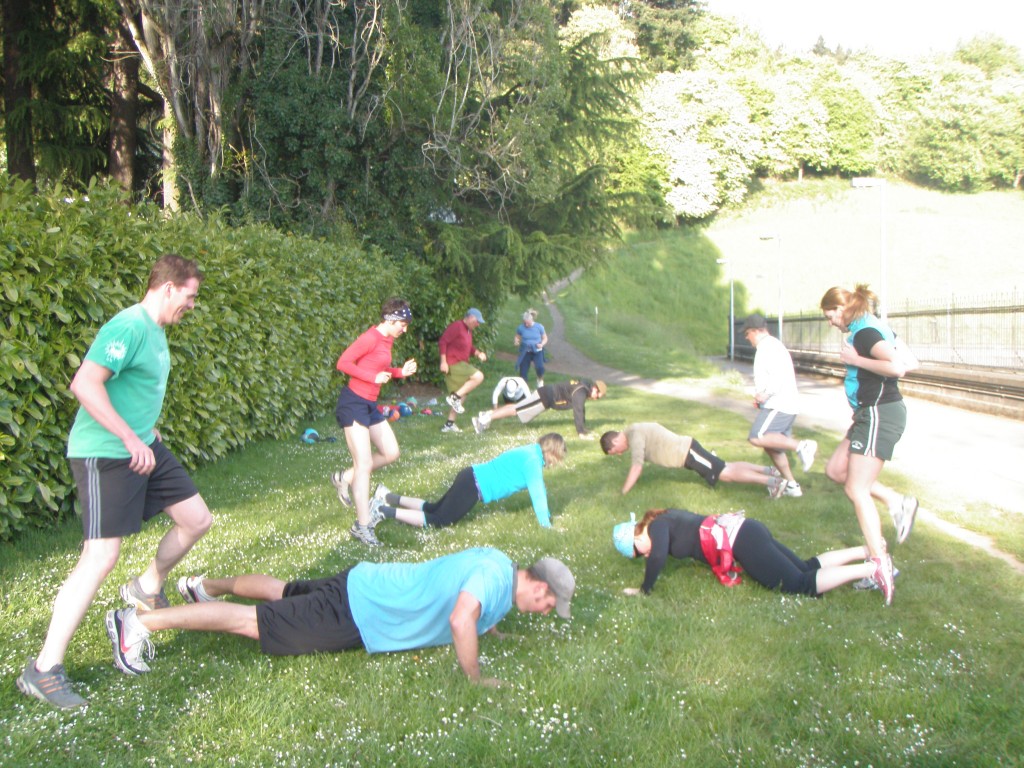 Fall PEAK fitness NW Ski Conditioning programs are beginning, in the Portland Metro area, on Monday, September 9thh! Go to www.peakfitnessnw.com/events to register and/or for more information. If you have any questions on how you can kick-start an active lifestyle that incorporates the outdoors contact Jennifer Lockwood. She can be reached at jenn@peakfitnessnw.com or 503.913.8385.
Fall PEAK fitness NW Ski Conditioning programs are beginning, in the Portland Metro area, on Monday, September 9thh! Go to www.peakfitnessnw.com/events to register and/or for more information. If you have any questions on how you can kick-start an active lifestyle that incorporates the outdoors contact Jennifer Lockwood. She can be reached at jenn@peakfitnessnw.com or 503.913.8385.
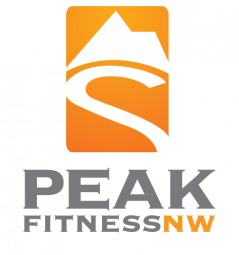
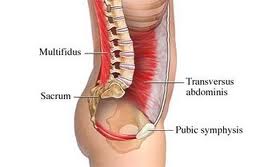
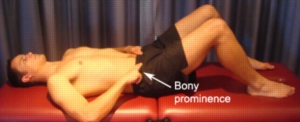
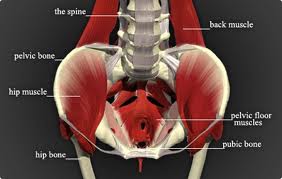
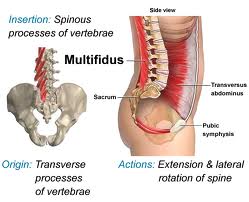
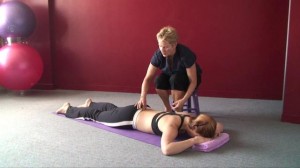
Pingback: is tadalafil a blood thinner
Pingback: retin a online pharmacy
Pingback: online levitra prescription
Pingback: over the counter viagra substitute walmart
Pingback: vardenafil tablet
Pingback: most common side effects of sildenafil
Pingback: sildenafil citrate tablets 100mg how to use
Pingback: sildenafil for pe
Pingback: is sildenafil viagra
Pingback: can sildenafil be taken daily
Pingback: sams club pharmacy lipitor
Pingback: buy levitra online cheap
Pingback: cialis blood pressure side effects
Pingback: buy levitra online 24 hours
Pingback: grapefruit and tadalafil
Pingback: can you take tadalafil daily
Pingback: cheapest levitra online
Pingback: tijuana pharmacy vicodin
Pingback: levitra for sale
Pingback: sildenafil price cvs
Pingback: cialis coupon 2022
Pingback: israel pharmacy online
Pingback: vardenafil hcl 10mg tab
Pingback: can you use target pharmacy rewards online
Pingback: sildenafil 50 mg
Pingback: panacea pharmacy
Pingback: maxifort zimax sildenafil 100mg
Pingback: tadalafil 5 mg para que sirve
Pingback: united pharmacy online
Pingback: vardenafil research chemical
Pingback: tadalafil discount card
Pingback: generic tadalafil 20mg price
Pingback: tramadol+europe pharmacy
Pingback: cialis online pharmacy usa
Pingback: tetracycline online pharmacy
Pingback: mambo 36 tadalafil 20 mg
Pingback: celebrex side effects flatulence
Pingback: tegretol-cr divitab 400 mg 20 tb
Pingback: celecoxib wikipedia español
Pingback: what is etodolac er 400 mg
Pingback: can i take ibuprofen while on antibiotics
Pingback: how long does it take for sulfasalazine to work
Pingback: children's chewable motrin dosage
Pingback: phenobarbital and carbamazepine interaction
Pingback: is 100mg of gabapentin a low dose
Pingback: gabapentin cims
Pingback: indomethacin drug study
Pingback: amitriptyline and wellbutrin
Pingback: mestinon biverkningar
Pingback: how to get pyridostigmine prices
Pingback: cilostazol contraindication heart failure
Pingback: mebeverine 135mg how does it work
Pingback: how to inject imitrex sumatriptan succinate injection
Pingback: diclofenac medication
Pingback: does elavil cause ed
Pingback: interação medicamentosa do meloxicam
Pingback: sumatriptan succinate and alcohol
Pingback: imuran vs remicade ulcerative colitis
Pingback: lioresal e alcolismo
Pingback: which is better imitrex or maxalt
Pingback: thiopurine methyltransferase deficiency azathioprine
Pingback: maxalt melt 10 mg rizatriptan
Pingback: how long after taking mobic can i take ibuprofen
Pingback: isosorbide mn imdur
Pingback: piroxicam de 10 mg para que sirve
Pingback: can i take baclofen with percocet
Pingback: little steps montessori artane
Pingback: difference between cyclobenzaprine and tizanidine
Pingback: generic name for zanaflex
Pingback: can i get generic ketorolac without a prescription
Pingback: buying cheap toradol for sale
Pingback: is cyproheptadine sold over the counter
Pingback: periactin dose migraine